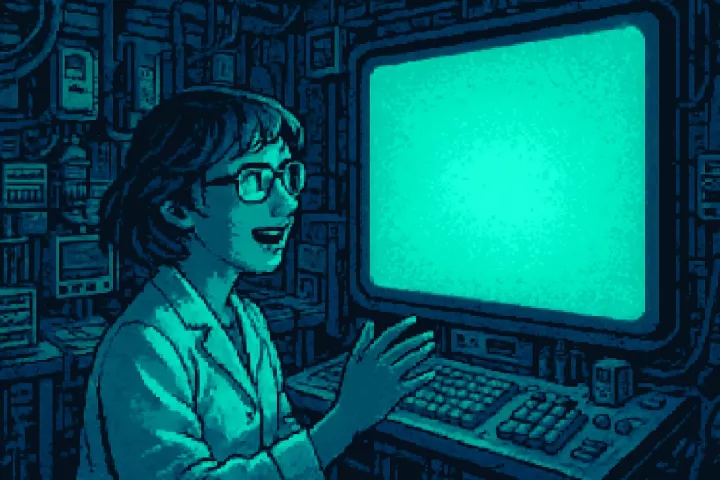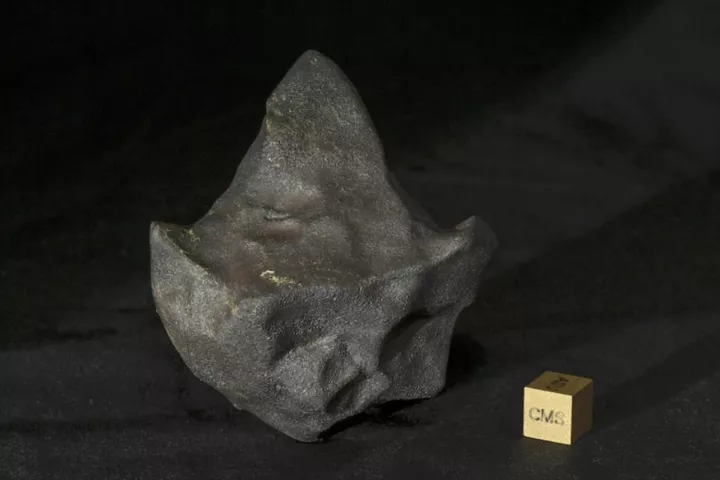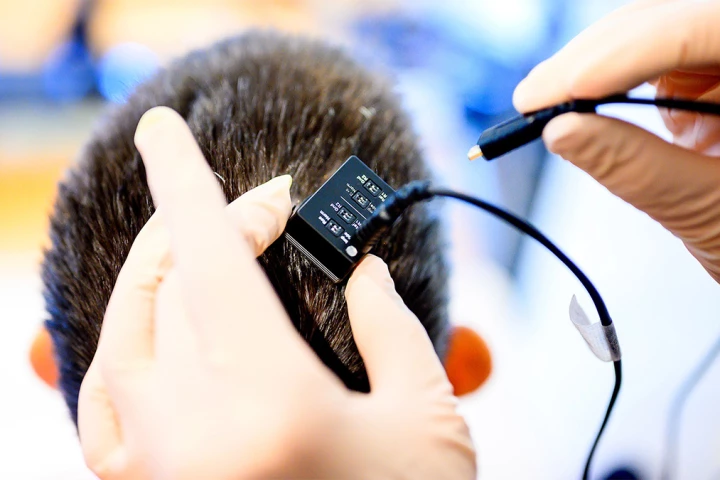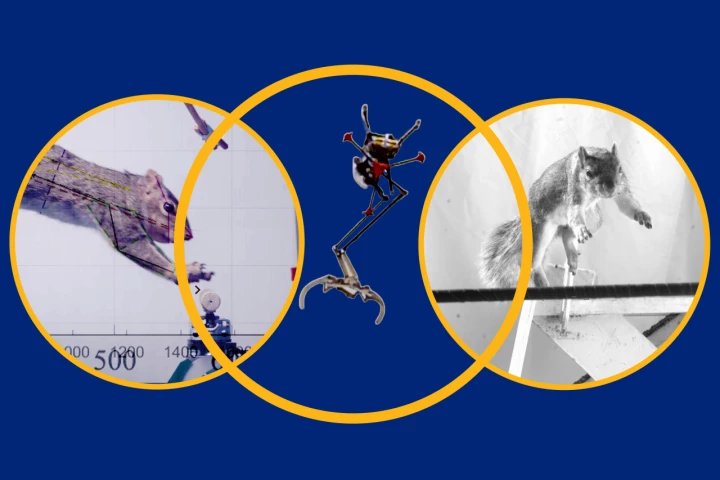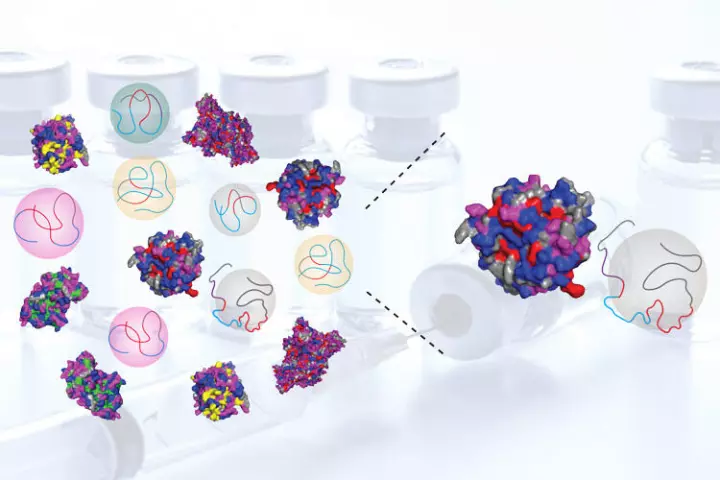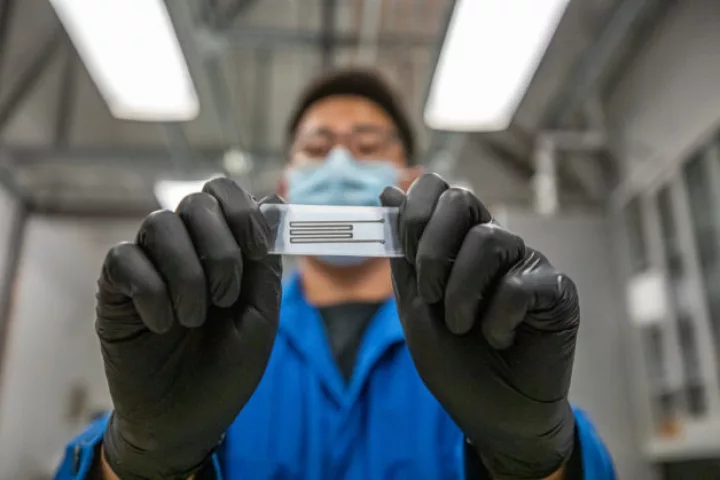University of California Berkeley
-
A new study has revealed how the brain uses the night to flood the body with pulses of growth hormone to repair muscles, strengthen bones and balance metabolism. And why cutting corners on sleep undermines your physical health short- and long-term.
-
Just when you think you've seen it all, researchers claim to have developed a way for people to see a color the human eye has previously never seen before. They're calling this new hue 'Olo.'
-
One of the most studied space rocks of all time has surprised us again, with the "mudball meteorite" Aguas Zarcas having cruised around the solar system for two million years without as much as a scratch. It defies the "fragile" class it belongs to.
-
A team of California-based researchers has developed an incredible AI-powered system to restore natural speech for paralyzed people in real time and using their own voices.
-
I love me a bioinspired robot that pulls off challenging feats with cues from nature. Researchers have shown off the one-legged Salto bot mimic the way squirrels leap effortlessly between precarious branches and stick the landing on the first attempt.
-
Under the right circumstances, electrons can actually “freeze” into a bizarre solid form. Now, physicists at Berkeley Lab have created and taken the first ever direct images of this structure.
-
Text-to-image AI models trained on original images can memorize them, generating replicas that raise an issue of copyright infringement. A new AI model has been developed that’s trained on only corrupted images, removing that particular legal headache.
-
While fans of Another Brick in the Wall (Part 1) may be horrified, researchers have recreated the song from brain activity. In the process, they discovered the way brains process rhythm and melody, which has huge implications for therapies.
-
Researchers have developed a new technique to better detect extraterrestrial radio signals by weeding out the interference caused by Earth-based devices. It’s hoped that the technique will lead to the first evidence of alien life.
-
Could salt, one of the oldest preservatives around, help keep carbon deep underground for thousands of years? Researchers believe it can, and that it might offer a way forward in containing a gas that's a major contributor to climate change.
-
Can we take shortcuts on nature’s blueprint and make more efficient synthetic proteins? A new study finds simple combos of synthetic building blocks can make for protein alternatives that work just as well as, or even better than, the real thing.
-
Old electronics are tricky to recycle, meaning they clog up landfills while locking valuable metals away. Now scientists have demonstrated printed circuits that can be degraded on demand, returning their materials to reusable forms.
Load More

